When Apple sets its sights on a major market expansion, tax rules can make or break the plan. Right now, the tech giant is lobbying Indian officials over a 1961 tax law. Obscure on paper, high stakes in practice.
Apple is pushing India's government to modify income tax rules so the high-end iPhone manufacturing equipment it provides to contract manufacturers is not taxed, Reuters reports. The company is worried the current framework could trigger billions in additional tax liability and undercut its India plans. The talks underscore a tightrope walk for policymakers, attracting foreign investment while protecting sovereign taxation rights, as noted by the Economic Times.
The billion-dollar tax dilemma Apple wants to solve
Here's the crux. Under India's Income Tax Act, if a foreign company owns equipment used by an Indian business, it can be treated as having a "business connection" in India, according to Times of India. That could pull Apple's iPhone profits into India's tax net.
The same manufacturing setup plays out differently elsewhere. In China, Apple provides high-end machinery to contract manufacturers and does not face tax consequences for equipment ownership. Clean arrangement, tight quality control, no tax twist. By contrast, India's framework views equipment ownership as creating a business connection, which could make the entire iPhone profit stream taxable in India.
The financial hit would not be small. If Apple's activities constitute a business connection under Indian law, experts say the company's global revenue could be used to compute income attributable to India, leading to billions in exposure, according to Economic Times. That is the bill Apple wants to avoid.
Why India's manufacturing ambitions hang in the balance
The timing could not be more sensitive for India's manufacturing push. Smartphone production sits at the heart of Prime Minister Narendra Modi's economic agenda, according to Economic Times. Apple's Indian operations produced $22 billion worth of iPhones in the 2025 fiscal year, and roughly 80 percent, $17.5 billion, was exported, as reported by Times of India.
The capital behind this ramp-up signals real intent. As per the Economic Times, Foxconn and Tata have invested more than $5 billion to establish Apple manufacturing facilities. This is not a routine partnership, but a wager on India as a long-term manufacturing hub.
Pro tip: The tax wrinkle hits competitors differently. India's income tax law does not affect Apple's South Korean rival Samsung, since almost all Samsung phones are made in the company's own Indian factories. Samsung's direct ownership model avoids the equipment ownership issue entirely, a built-in edge under current rules.
The global precedent driving Apple's strategy
Viewed through global manufacturing norms, Apple's push tracks with how other hubs operate. The same arrangement draws no tax consequences in China, as noted by The Indian Express. India, however, could penalize the model Apple relies on to keep quality and throughput consistent across sites.
Industry groups see the wider ripple effects. The India Cellular & Electronics Association, backing Apple's stance, has urged a change, noting that specialized equipment runs into billions of dollars, according to Economic Times. These are not nice-to-haves; they are the machines that make modern smartphone production possible.
New Delhi is weighing the trade-offs. The Economic Times reports that a senior official said discussions on tax rules affecting Apple are underway, while stressing that any shift that erodes India's right to tax foreign companies will be handled with caution. The pull between investment and sovereignty is real, and not unique to India.
Resolve it, and the benefits could extend beyond Apple. Revising the law would help scale manufacturing and improve India's pitch to global investors, according to NDTV Profit.
What this means for Apple's ecosystem strategy
How this tax fight ends will shape Apple's India playbook. The company has moved beyond assembly, opening directly owned retail stores since 2023 and hitting record sales of $9 billion in 2025, according to reports. That signals Apple sees India as both a factory floor and a growth market.
The ecosystem is already sprawling. Apple has expanded its supply chain to 45 companies, creating nearly 350,000 jobs, including about 120,000 direct roles, according to India Briefing. iPhone assembly sits in five factories across Tamil Nadu and Karnataka, while the wider network spans Maharashtra, Uttar Pradesh, Gujarat, Andhra Pradesh, and Haryana.
Here's the eye-opener. India now makes one in every five iPhones globally, according to India Briefing. Taiwan's Foxconn, Apple's largest contract manufacturer in India, shipped products worth $7.4 billion by August this year.
A clean resolution could deepen India's role in Apple's supply chain, reduce reliance on China, and tap India's status as the world's second-largest mobile market, according to NDTV Profit. Not just cost savings, but long-term resilience and diversification too.
The path forward: balancing sovereignty with competitiveness
Both sides are navigating a knot of tax policy, supply-chain design, and national priorities. The Indian government is moving deliberately, aiming to attract investment without giving up fiscal sovereignty. One official said New Delhi is treading lightly before making a call, according to NDTV Profit.
For Apple, owning and controlling high-end equipment is not a mere preference; it is central to quality and efficiency across plants that must perform the same way. The model depends on supplying specialized machines to contract manufacturers while keeping ownership and control.
Pressure is building from the region. India's deputy IT minister noted last year that China and Vietnam could become major smartphone export hubs because of lower tariffs on parts. That puts a clock on policy tweaks that could keep India competitive.
Whatever the outcome, the precedent will matter. If India modifies the 1961 law or Apple reshapes its model, the decision will influence how global tech firms set up in India.
Bottom line: this is not just about one statute or one company. It is about how countries compete for the manufacturing investments that will shape the next decade of tech production. Apple and India have put too much on the table to let this stalemate undo a fast-growing partnership. The task now is to find a solution that protects India's tax sovereignty and still makes room for the manufacturing model behind Apple's momentum in India.








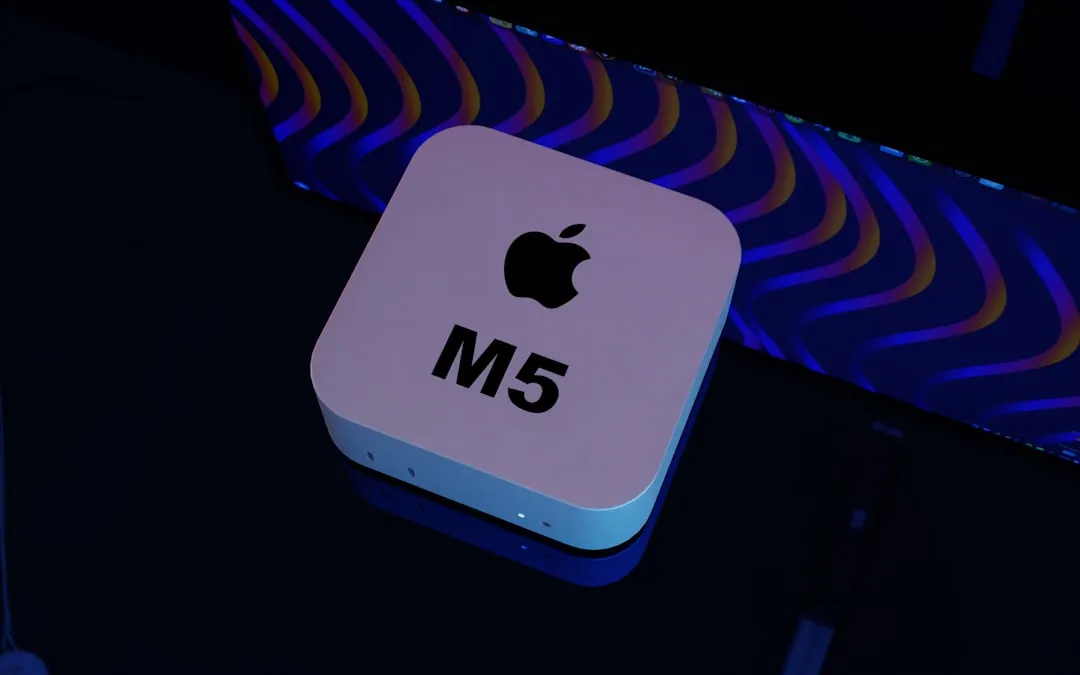





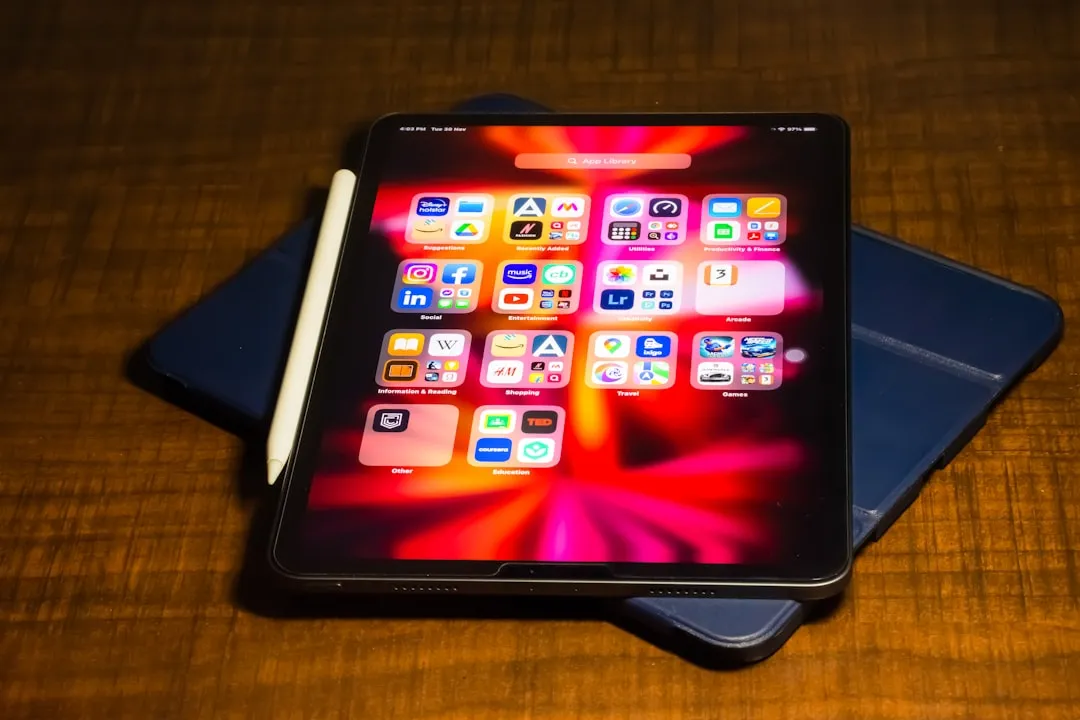

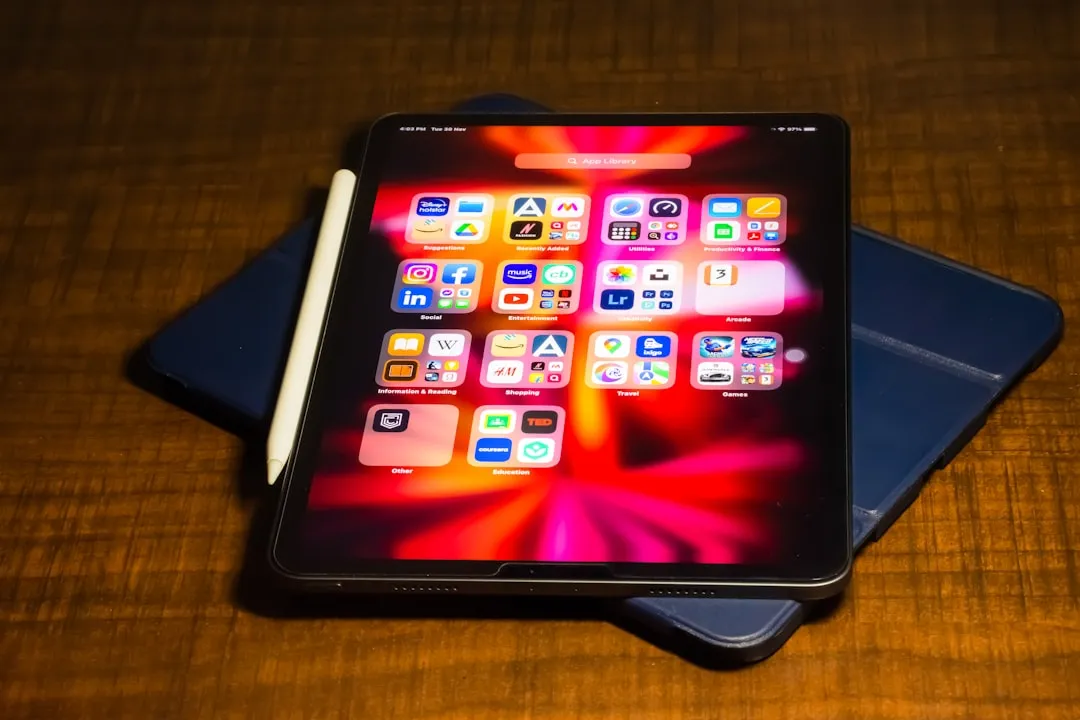


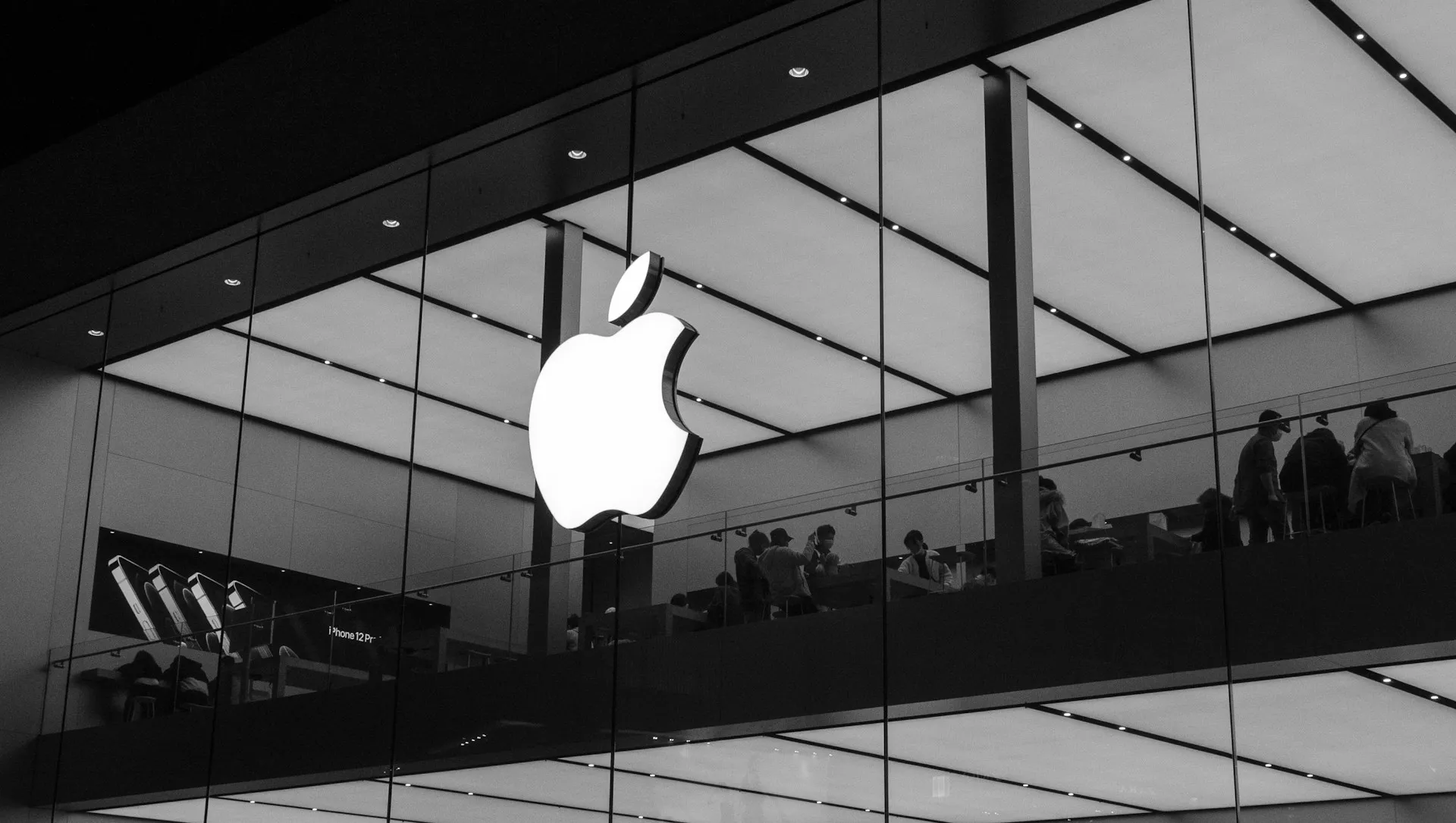
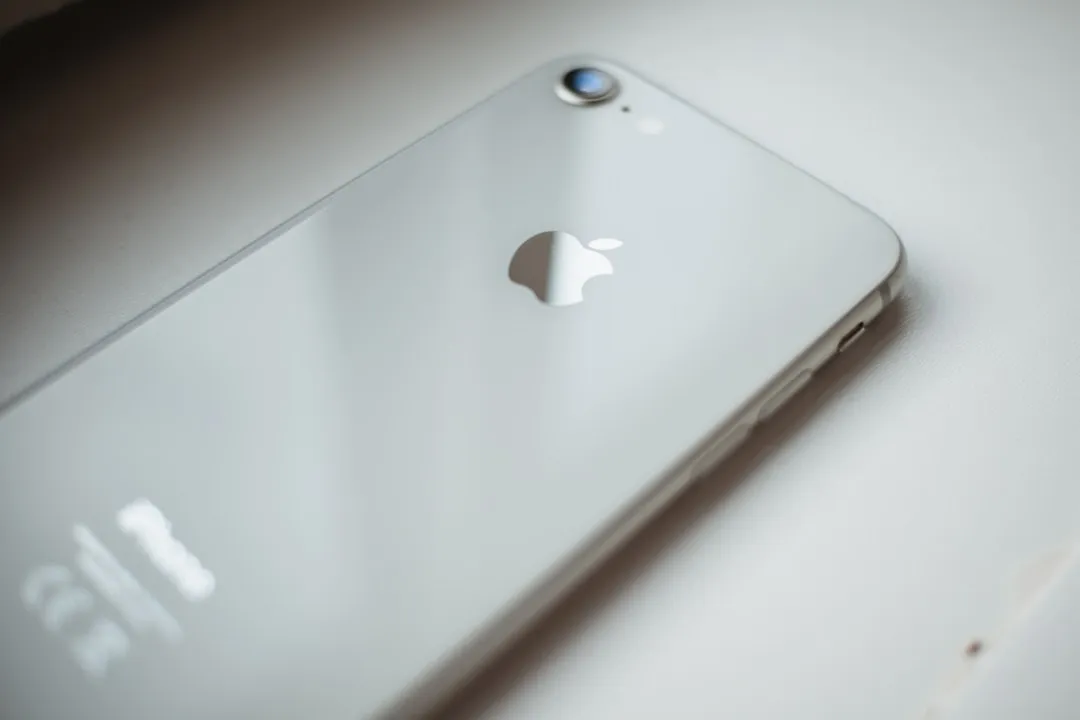


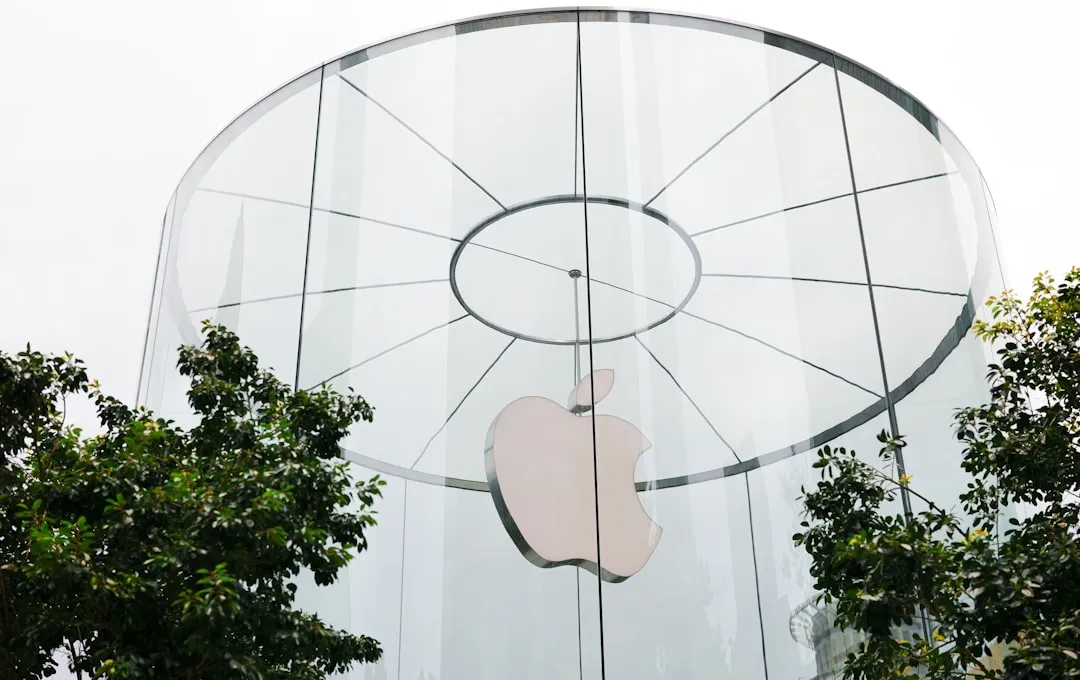

Comments
Be the first, drop a comment!